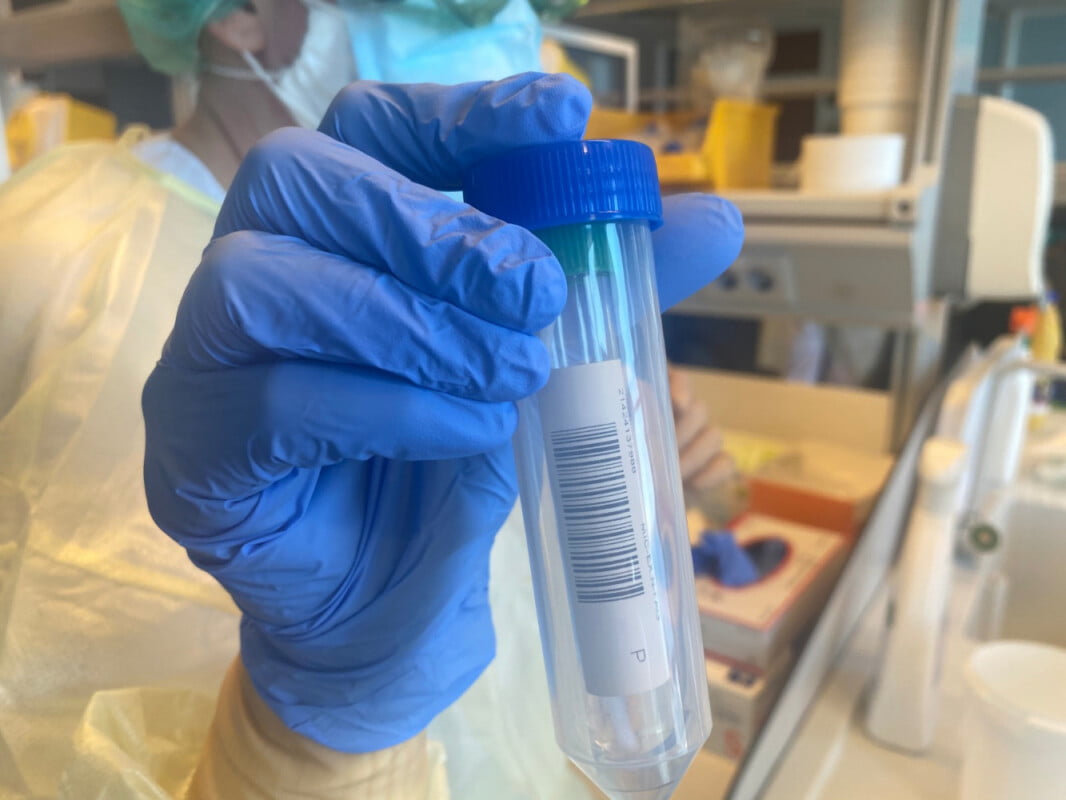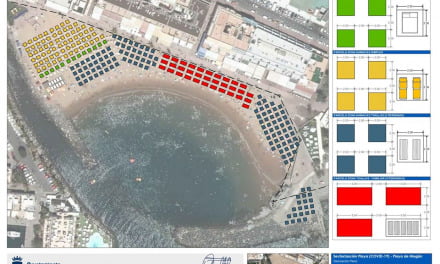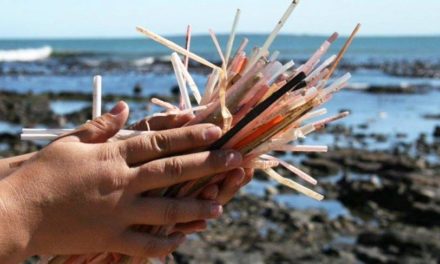The Canary Islands Ministry of Health have today reported that more than 85% of newly diagnosed COVID-19 cases in the Canary Islands over the last week have been people under 30 years of age, who have been infected during leisure activities or at family gatherings without having maintained the prescribed security measures such as social distancing. Over the last 24 hours, 85 new COVID-19 cases have been detected, 59 of which are on Gran Canaria, 20 on Tenerife, 2 on Fuerteventura and 4 on Lanzarote. On Gran Canaria 95% of the new cases have been under 30 years of age and on Tenerife this percentage drops to 85%.
Contrary to some loudly voiced opinions on Social Media, mostly from racists, Spanish nationalists and some white immigrants in the “ex-pat” community, often using misleading images and falsely calculated statistics, the current increases cannot be simply blamed on irregular migrants arriving from Africa. Although close to 100 COVID-19 cases have been detected arriving by patera (open boat) in the last couple of months, all of these were quarantined upon arrival and are now mostly recovered and medically discharged, and so therefore no longer active.
 Canary Islands Minister for Health, Blas Trujillo, has appealed to everyone to act responsibly because “not only are we risking the health of the most vulnerable” but this type of behaviour could lead us to have to enforce “new confinements, which would generate serious economic problems.” Trujillo emphasised that “these young people are putting the economic future of the entire Archipelago at risk” because “if businesses are closed, unemployment will skyrocket.”
Canary Islands Minister for Health, Blas Trujillo, has appealed to everyone to act responsibly because “not only are we risking the health of the most vulnerable” but this type of behaviour could lead us to have to enforce “new confinements, which would generate serious economic problems.” Trujillo emphasised that “these young people are putting the economic future of the entire Archipelago at risk” because “if businesses are closed, unemployment will skyrocket.”
Trujillo appealed to a “spirit of solidarity and responsibility that our youth has shown up until now” pleading for them to continue to “comply and help enforce the rules.” He announced increased coordination with all local, regional and state administrations to “intensify control measures and sanctions for possible breaches, especially related to illegal leisure activities.”
Blas Trujillo has insisted that “young people, for the most part, do not suffer the consequences of the disease but are vectors and transmitters of it to vulnerable groups.” Despite the fact that the youth sector is the most asymptomatic, “positives force us to isolate a large number of people who, in turn, exhaust the health system with their follow-ups and tracing”. Cases are occurring in which one single party “has forced dozens of people to be tracked and consequently put into isolation.” In addition, the minister warned of workforce problems that are already being detected “because we are seeing how we have to indicate quarantines to entire departments in companies with the associated problems that this entails.”
The Ministry for Health has reminded everyone that, until there is a vaccine, the only method to avoid contagion is to maintain physical distances of more than 1.5 meters between people; frequent hand washing and to use masks, which throughout the Canary Islands is mandatory in all enclosed spaces, and in open spaces where that safety distance cannot be maintained. Experts have recalled that the main route of infection is physical contact, with exposures of more than 15 minutes between people.
Source: Canary Islands Government













